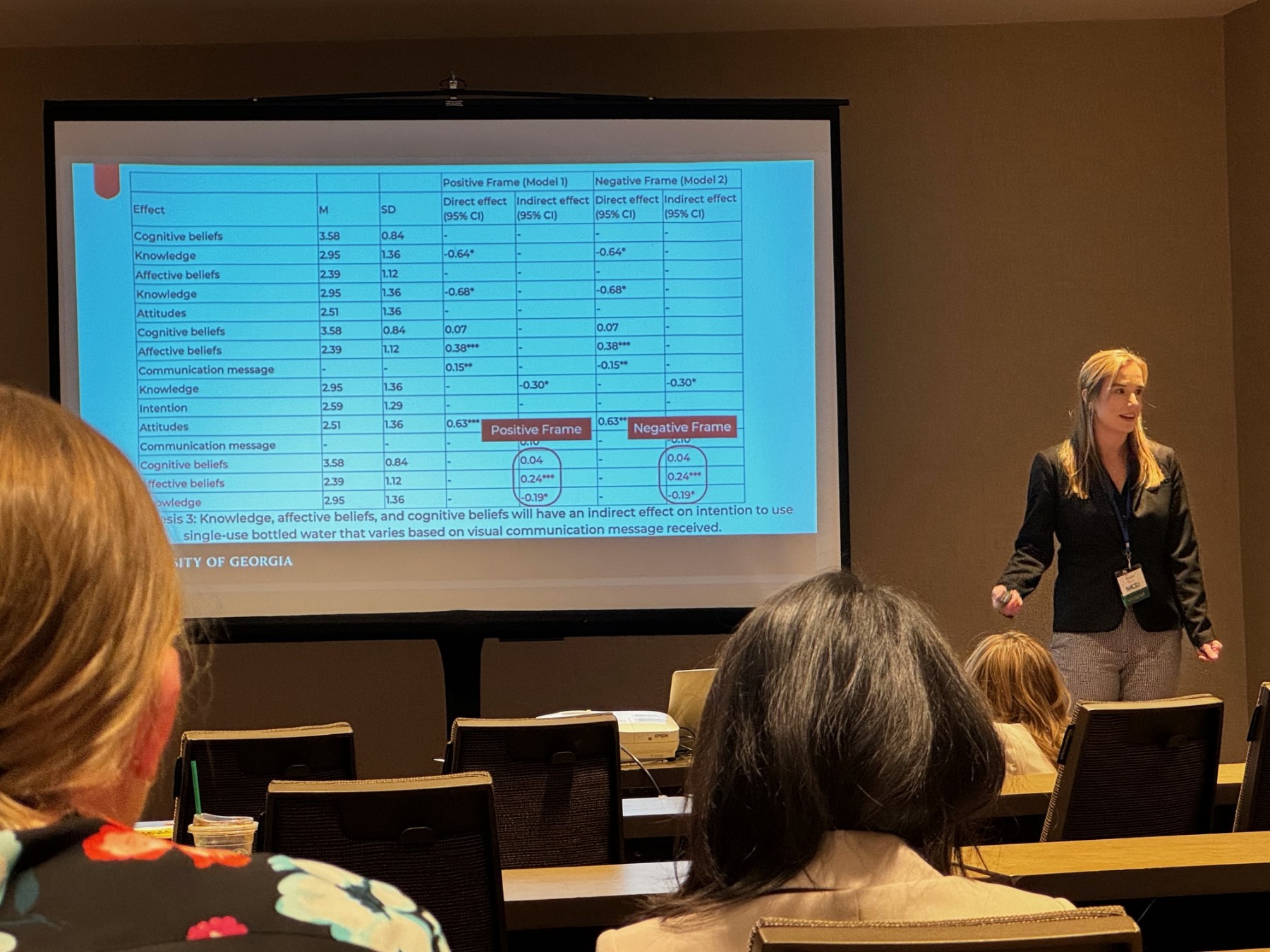Gibson Research
-

A hearty CONGRATULATIONS to both Dr. Kristin Gibson and Dr. Allison Byrd as they took center stage at the Stegeman Coliseum last Thursday to get their terminal degrees conferred. Officially hooded and on their way to change the world as they build their own faculty labs. So incredibly proud!
Posted in: Teaching and Learning -

During my time as an undergraduate researcher in Dr. Alexa Lamm’s lab, which spanned nearly three years, I have gained a wealth of experience and knowledge that I truly could not have found elsewhere. Working on various projects in different roles has really expanded my skill set beyond what I could have imagined. I feel…
Posted in: Teaching and Learning -

The global importance of critical thinking in enhancing academic success, employability, civic engagement, and mental health is universally acknowledged. Yet, its cultivation in educational systems, particularly in sub-Saharan Africa, is largely unexplored and unmeasured. This gap is pronounced in Kenya’s higher education, where a recent paradigm shift in its educational curriculum has left room for…
-

Thrilled to share Dr. Kristin Gibson passed her dissertation defense with flying colors on March 1. Despite the rainy weather, Kristin shined bright with a room full of colleagues and faculty engaged in learning about her work! Her research, titled ENVIRONMENTAL COMMUNICATION STRATEGIES TO REDUCE SINGLE-USE BOTTLED WATER PURCHASING AND USE, used innovative statistical modeling techniques…
Posted in: Environmental Issues -

Authors: Kristin Gibson, Alexa Lamm , Kevan Lamm, Jessica Holt, and Kyle Maurice Woosnam Kristin presented research about single-use bottled water use at the National Agricultural Communications Symposium (NACS) held in Atlanta, Georgia, February 4-5. The study was part of her dissertation. The presentation addressed single-use bottled water use in national parks by exploring the influence of visual communication interventions designed for…
-

Emerging environmental contaminants (EECs, e.g., perfluoroalkyl and polyfluoroalkyl substances [PFAS], heavy metals, trace elements, harmful algal bloom products, and micro- and nano-plastics) can impact drinking water and water used for irrigation of food crops. In fact, previous research has shown irrigation water containing EECs can be absorbed into food crops (i.e., produce and grain, meat,…
-

Researchers explored the association between systems thinking tendencies and environmentally conscious consumption in a survey with Generation Z undergraduate students.


